Don't Upset ooMalume: A Guide to Stepping Up Your Xhosa Game
Nqandeka writes with an easy familiarity of the Xhosa cultural background showing how the ordinary
I finally managed to order my thoughts together about the books I enjoyed most last year. It was suprisingly easy to choose the ten. I think what helped is my deciding to no longer be influenced by too much external factors in my preference, like whether my list is political correct, or align with public media, and the rest of other unholy pressures. This list is purely subjective, books that have appealed most to me in my current reading state and level.
As usual I name them in descending order:
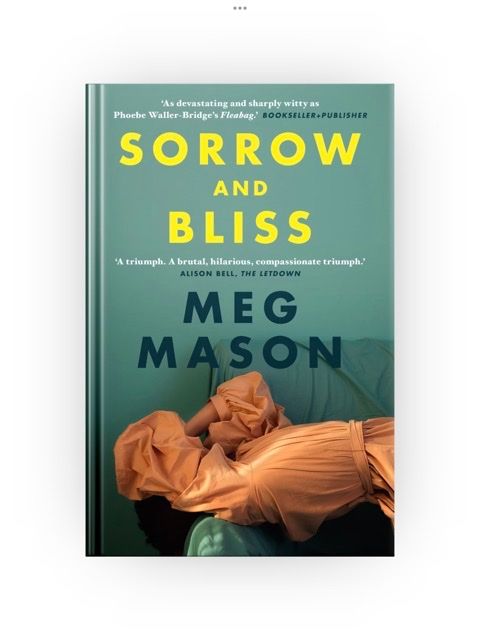
10. Sorrow and Bliss by Meg Mason took me by surprise. I didn't expect to love it as much as I did. I like books of romance that have substance because, despite my pretences, I am a romantic at heart. If you don't like books of failing romance/marriage; told in arcebic tone, like Elena Ferrante's The Days of Abandonment, you probably will not enjoy this book. It holds no holy cows, even big issues, like mental illness, are treated in a non mawkish way of poking fun as the flood melts her clay feet. I love most its beatifully narrative voice that never falters or go overboard.
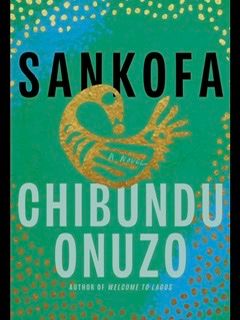
09. Sankofa was recommended to me by a friend who lives in London. It reminded him of my book The Wanderers. Sankofa has a middle aged female architect protagonist of mixed race background. She discovers the journals of her black African father when her Welsh mother dies. She decides to find out more about him. I liked the UK bits of the novel and not so much the African parts when she went to a fictional West African country to look for him. She finds him alive and a former president of the country. For me this section of the book was a little too contrived and stereotising; it nearly threw me off.

08. Letters To a Young Poet was a reread of an old master whose ouvre I've decided to finish. The book is self explanatory about a young aspirant soldier-poet (Franz Xaver Kappus) who discovers that he is staying on the same baracks Rainer Maria Rilke stayed on at his age when training to be a soldier. While reading a newly published book of poetry by Rilke the young man writes him for an advice on how to become a poet. The results is a life long friendship between the two gentlemen and these letters of wisdom that brim with the entirety of life that were written from basically all over the world by Rilke. Though written in the second part of the 19th century the depth of sentiment and sense of wise detachment is still not been surpassed by the modern guru motivational books. The book helped me get off a serious reading slump late last year. I like most that the young poet, beside giving a very short introduction of the book took his own advice: When a truly great and unique spirit speaks, the lesser ones must be silent.
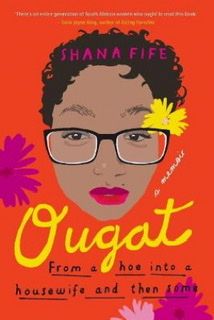
07. I am enjoying the deliberate promotion of Cape Culture by publishers like Kwela. Ougat by Shana Fife is not called the Pulp Fiction of the Cape Town for nothing. Its a visceral introduction into the culture of that city's Northern suburbs with all its accompanying underbelly violence. It has a distinctive, unique and frank voice that is familiar to those who knows Cape Town. More dear to me is its ability to reveal the personality of the protagonist without overindulging on the sensational. This gives more scope and appeal. The main character's strength is the ability to deal with toxic situations without losing her mind.
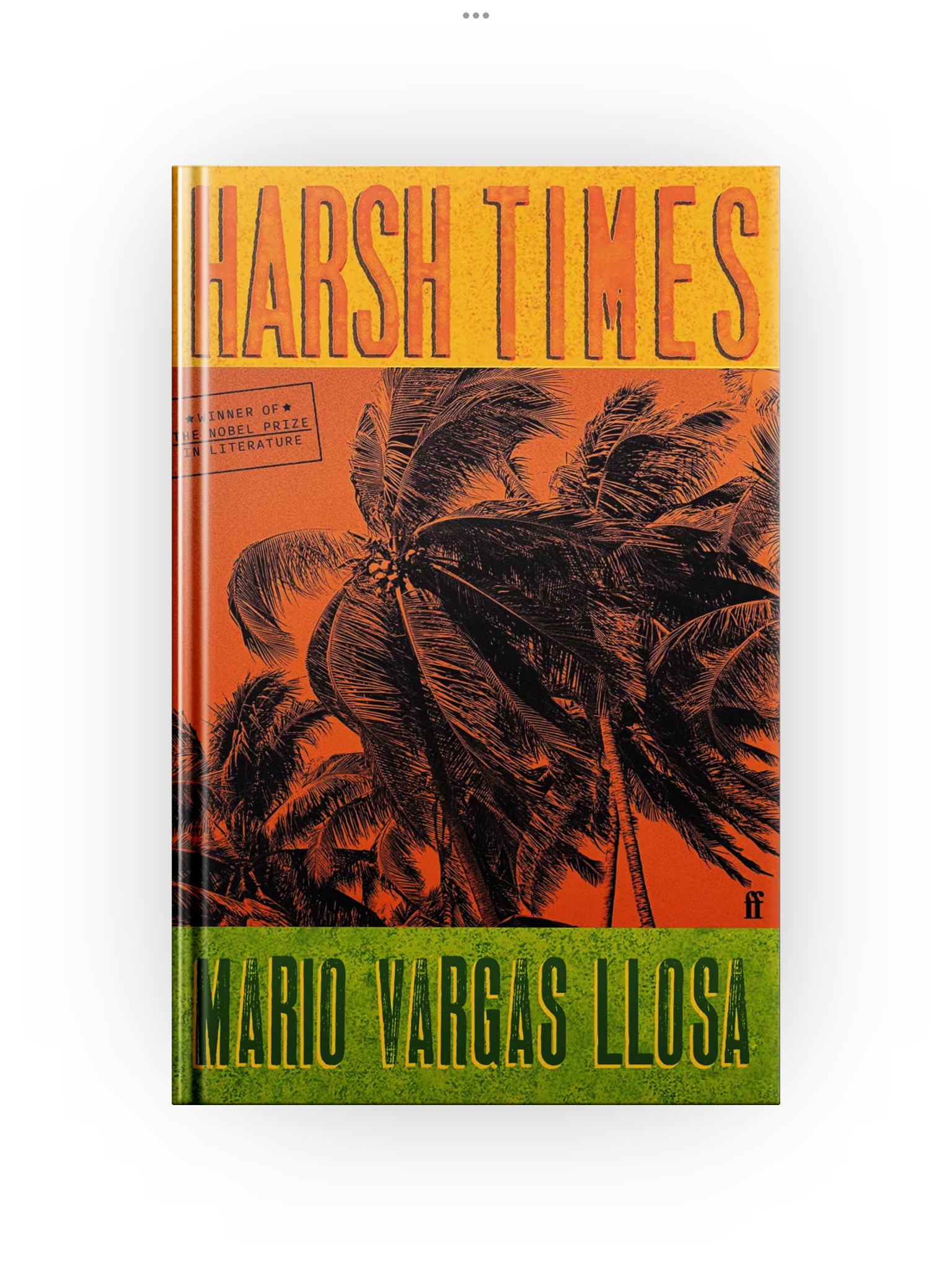
06. Harsh Times by Mario Vargas Llosa is a political novel about the fate of nation (Guatemala) and the clashes it had with the soft corruption of the imperial USA through the CIA. It is skillful in depicting ideologies without being didactic. Within it is suffused the clash of individual lives with history, the resonance of romance and ordinary drama of living in one of the most historic countries of Latin America. As someone who does not know much about the history of Guatemala I am told that Vargas Llosa stays true to the historical facts even as he vividly creates the inner lives of fictionalised characters who live within them. It is the best historical novel I read last year.
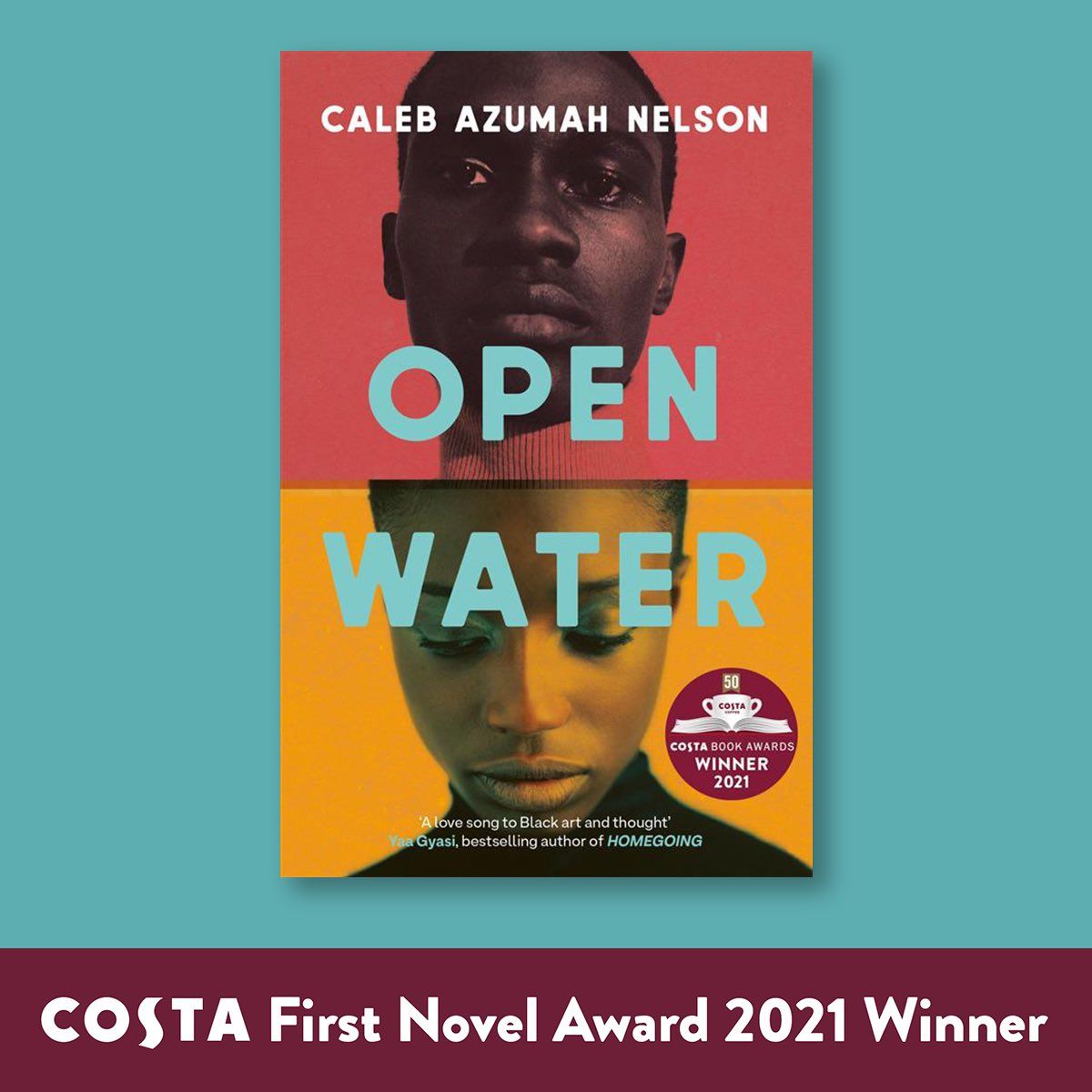
05. Open Water by Caleb Azumah Nelson is a black take on the Sally Rooney's Normal People, showcasing how it is impossible when you're black to just exist in the navel gazing youthful disconnect. Whatever you do or don't do, when you're black, the system will cure you of your boredom mostly with tragic consequences of making you feel unwelcome in a 'white' country.
The book is about two young black heterosexual people, from relatively middle black class families of African and Jamaican origins, living in the heart of London. Like all kids their age they're learning to deal with the rage of their hormones. But because they're black they must at the same time try to paddle their way through the micro/macro aggressions of modern cosmopolitan city life against them. Amidst all that they must figure out if they want to be a couple after kind of having sex while enjoying each other's company as friends with benefits or something. There are other usual mindless dithering the millennials seem to carry into their relationships these days. The sort of thing we're used to it being psychologically probed on Rooney's books like the recent Beatiful World Where Are You. The nascent genre of these books need the energy of the young to fully engaged with it. But what I like more about Open Water is that you also get some sociological depth. It shows you what's happening around beyond just the character's navel gazing.

04. Joan Didion died while I was busy with this book of seminal essays from decades of her past writings. Iconic, pathfinding and suprisingly down to earth though immensly connected to the who and whos of Carlifonia of her era. I shall make a stand alone review of this book when I finish it.
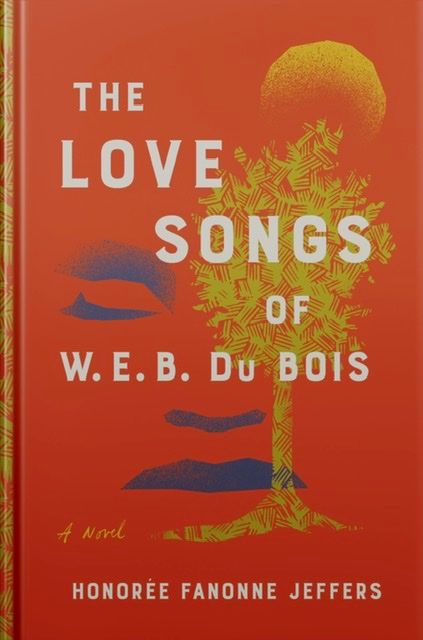
03. Honorėe Fanonne Jeffers is a poetess after my own heart. By that I mean she's a keeper of language, culture, customs, history and all that develops the consciouness of her people from memory. The Love Songs of W.E.Debois, of depending on the kind ess of strangers, is a novel of protean quality that sweeps back and forth across decades to give an honest kaleidoscopic view of what it means for 'a family' to have lived in American from the early years to the present. The narrative shifts nimbly to reflect the tenor of all the eras — from the shared legends of tribal people, their fabulous myths and traditions to the candid realism of the modern era. Rarely have I encountered the integration of the native Indian and black American pain at the foundations of the USA nation in such melancholic depiction as in this book. If you need to learn in a poetic, clear and deeply affecting way about the history of black people in the USA through different generations and eras this is the book to read. Never mind that it is over eight hundred pages, your enlightened consciousness will thank you in the end.
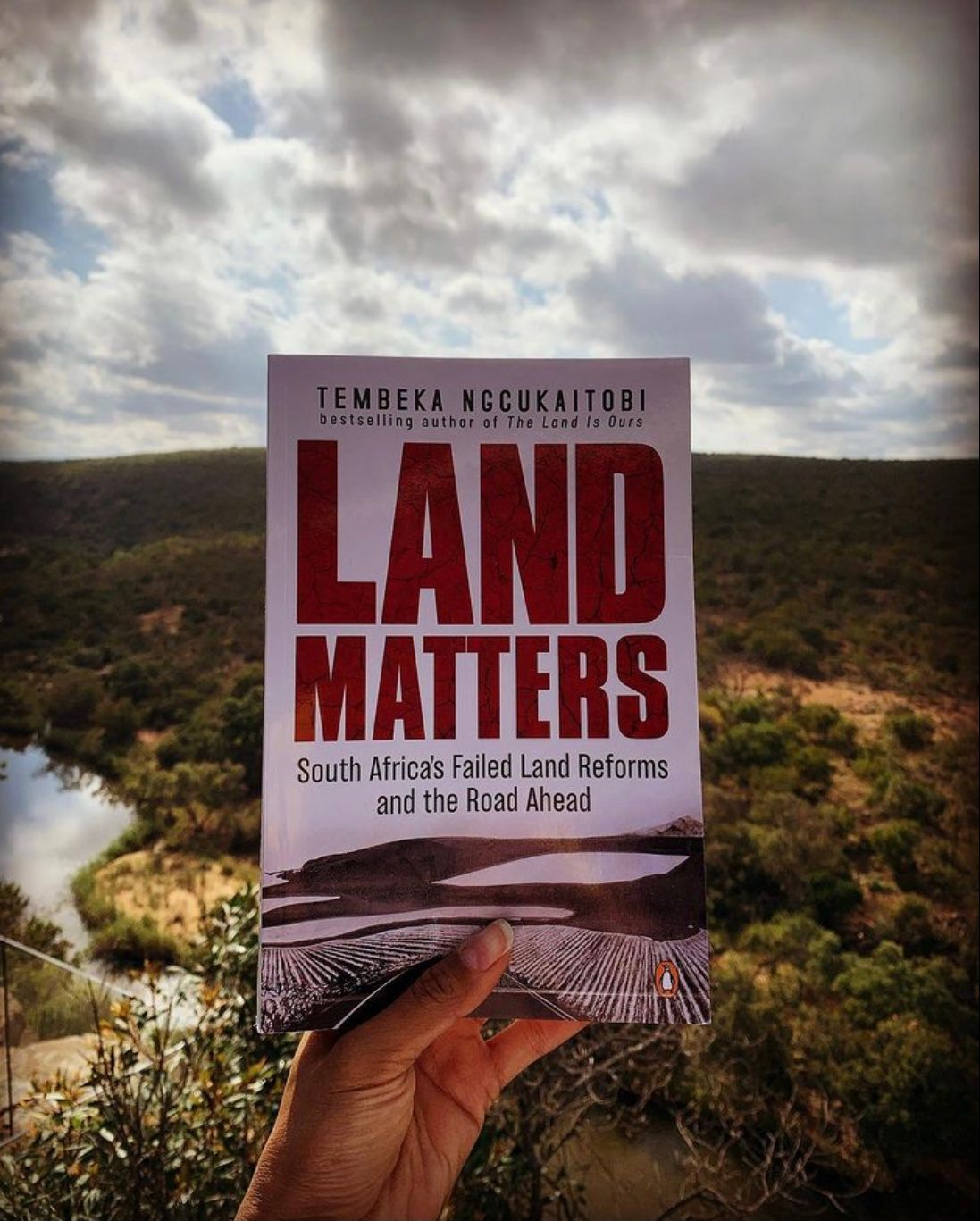
02. I am still gonna make a long review of Land Matters: South Africa’s Failed Land Reforms and the Road Ahead by Tembeka Ngcukaitobi because it touches on almost everything that is wrong and could be right with our country. Beyond the critique it gives measured suggestions for the country to get itself out of the quagmire it find itself on, especially for effective corrective policy making. Unfortunately though hardly anyone within government highest echelons is listening. The encouraging thing, if the recent Paliamentary Land Bill discussions are anything to go about, is that the book's influence is prevalent among opposition parties, though most picked and chose what they could stomach in a supermarket shopping style. At the heart of the book's thesis, of course, is land dispossession for the majority of the people that began with colonialism and continues unabated todate. The book deftly compounds this land loss into generational wealth dispossession and the reason why our nation is where it is now with things like the highest wealth disparities in the world and all. The briefest summary would be to say it combines an excellent exposition of land law, historical research and social science investigations. It is an outstanding book that offers a well researched account of South Africa’s land economy to demonstrate how colonial legacy and apartheid laws still persistently shape not only the legacy of poverty in South Africa but the current laws that perpetuate though we are supposed to be close to a three decades into our freedom. In my it is probably one of the most important non fiction books to come out of South Africa in the recent decades.
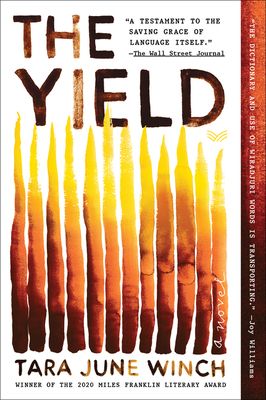
01. The Yield is a complex novel about native Australian culture that is told in a very subtle but powerful way. In it Language is at the centre of memory and lost histories. I first heard of it from Shawn the Book Maniac BookTube channel https://youtu.be/TE9QIA_Q9R0 I immediately fell in love with the story, particularly because of a similar aspirations I have about my Xhosa heritage also. The below summary of the book is mixed with its cover synopsis and the blurbs I liked:
Albert “Poppy” Gondiwindi is the member of the indigenous Wiradjuri tribe who needs to fulfil a task of preserving its language before he dies. He has spent his adult life in Prosperous House and the town of Massacre Plains, a small enclave on the banks of the Murrumby River. Before he takes his last breath he is determined to pass on the language of his people, the traditions of his ancestors, and everything that was ever remembered by those who came before him. The land, which he is familiar to him as his fingerprints, aids him in a clandestine way by giving him some of these words through the wind--reverberations of Homer's winged words.
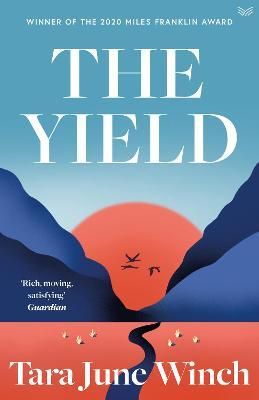
After his passing his granddaughter, August, returns home from Europe, where she has lived for the past ten years, to attend his burial. She searches for her grandfather's dictionary as the key to halting a mining company from destroying her family's home and ancestral land. The results is this exquisitely written, heartbreaking, yet hopeful novel of culture, language, tradition, suffering, and empowerment that's told in three masterfully woven narratives. This is a story of a people and a culture dispossessed; a joyful reminder of what once was and what endures—a powerful reclaiming of indigenous language, fables, storytelling, and identity, that offers hope for the future.
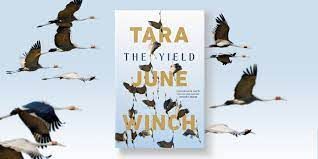
August's overwhelming grief is compounded by the pain, anger, and sadness of memory—of growing up in poverty before her mother’s incarceration; of the racism she and her people endured, of the mysterious disappearance of her sister when they were children; an event that has haunted her and changed her life. Her homecoming is bittersweet as she confronts the love of her kin and news that Prosperous is to be repossessed by a mining company. Determined to make amends and honor Poppy and her family, she vows to save their land—a quest guided by his voice that leads into the past to the stories of her people, the secrets of rivers and land. The Yield is a celebration of language and an exploration of what makes a place home.
The book caught me also at the right time, when the rural communities of Xolobeni, Pondoland in the Wild Coast of the Eastern Cape, were engaged in a legal fight to maintain the sustainability of their natural enviroment from different capitalist greed. First was an Australian minning company trying to establish an iron ore on their pristine land, which they've fought succesfully within the courts of law. Then recently they were besieged by Shell Oil company trying to do oceanic seasmic test for oil exploration. They won both cases when taken to the court of law. What is becoming clear is that the South African executive government is no longer a trustworthy steward of the country's natural resources, choosing to side with the greed of ravenous capitalist wolves in the name of economic development each time the fat is thrown on the fire. Thank God for the strong hand of the third arm of our governance, the judiciary, which has become the last beckon of hope against our corruptible state.